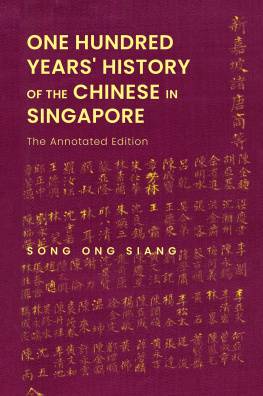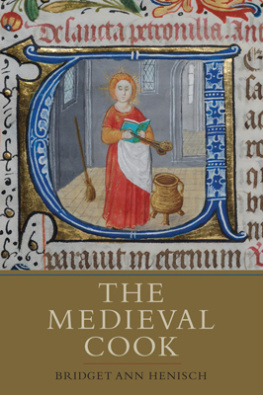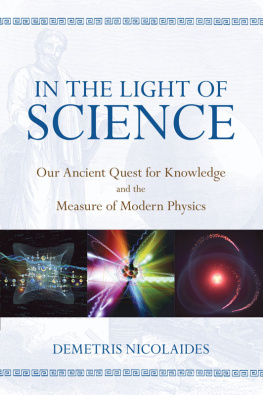THE FIJIANS
A STUDY OF THE DECAY OF CUSTOM
BREADFRUIT.
THE FIJIANS
A STUDY OF THE DECAY OF CUSTOM
BY
BASIL THOMSON
AUTHOR OF "THE STORY OF DARTMOOR PRISON," ETC.
ILLUSTRATED
LONDON
WILLIAM HEINEMANN
1908
OTHER WORKS BY THE SAME AUTHOR
South Sea Yarns
The Diversions of a Prime Minister
A Court Intrigue
The Indiscretions of Lady Asenath
Savage Island
The Story of Dartmoor Prison
(In collaboration with Lord Amherst of Hackney )
The Discovery of the Solomon Islands
Copyright, London 1908, by William Heinemann.
PREFACE
This volume does not pretend to be an exhaustive monograph on the Fijians. Their physical characteristics and their language, which have no bearing upon the state of transition from customary law to modern competition, are omitted, since they may be studied in the pages of Williams, Waterhouse and Hazlewood, which the author has freely consulted. All that is aimed at is a study of the decay of custom in a race that is peculiarly tenacious of its institutionsthe decay that has now set in among the natural races in every part of the globe.
The author lived among the Fijians with short intervals for ten years, first as Stipendiary Magistrate in various parts of the group, then as Commissioner of the Native Lands Court, and finally as Acting Head of the Native Department. Much of the anthropological information was collected for the Commission appointed in 1903 to investigate the causes of the decrease of the natives, of which the author was a member, and of that portion of the book his fellow-Commissioner, Dr. Bolton Glanvill Corney, C.M.G., and the late Mr. James Stewart, C.M.G., should be considered joint authors, though they are not responsible for the conclusions drawn from the evidence.
To Dr. Corney, whose services to medical science in the investigation of leprosy and tropical diseases in the Pacific are so widely known, his special thanks are due. He also received valuable assistance from Dr. Lynch, the late Mr. Walter Carew and a number of native assistants, notably Ilai Motonithothoka, Ratu Deve, the late Ratu Nemani Ndreu, and others. The late Mr. Lorimer Fison also helped him with many suggestions.
The ideas expressed in the introduction were formulated in the author's presidential address to the Devonshire Association in 1905: the marriage system and the mythology were described in papers read before the Anthropological Institute: some account of the "Path of the Shades" and the fishing of the Mbalolo are to be found in others of the author's books.
The spelling adopted for native words may be displeasing to Fijian scholars, particularly the rendering of q by nk, but although wanka may not represent the Fijian pronunciation as accurately as wangga, it is certainly less uncouth. Hazelwood's spelling, excellent as it is for the purpose of teaching Fijians to read and write their own language, is misleading to English readers, and the abandonment of his consonants c for th, b for mb, d for nd and g for ng, needs no apology.
London, 1908.
INTRODUCTION
The present population of the globe is believed to be about fifteen hundred millions, of which seven hundred millions are nominally progressive and eight hundred millions are stagnant under the law of custom. It is difficult to choose terms that even approach scientific accuracy in these generalizations, for, as Mr. H.G. Wells has remarked, if we use the word "civilized" the London "Hooligan" and the "Bowery tough" immediately occur to us; if the terms "stagnant" or "progressive," how are the Parsee gentleman and the Sussex farm labourer to be classed? Nor can the terms "white" and "coloured" be used, for there are Chinese many shades whiter than the Portuguese. But as long as the meaning is clear the scientific accuracy of terms is unimportant, and so for convenience we will call all races of European descent "civilized," and races living under the law of custom "uncivilized." The problem that will be solved within the next few centuries isWhat part is to be taken in the world's affairs by the eight hundred millions of uncivilized men who happen for the moment to be politically inferior to the other seven hundred millions?
For centuries they have been sleeping. Under the law of custom, which no man dares to disobey, progress was impossible. The law of custom was the law of our own forefathers until the infusion of new blood and new customs shook them out of the groove and set them to choosing between the old and the new, and then to making new laws to meet new needs. This happened so long ago that if it were not for a few ceremonial survivals we might well doubt whether our forefathers were ever so held in bondage. With the preceptto do as your father did before youan isolated race will remain stationary for centuries. There is, I believe, in all the history of travel, only one instance in which the absolute stagnation of a race has been proved, and that is the case of the Solomon Islands, the first of the Pacific groups to be discovered, and the last to be influenced by Europeans. In 1568 a Spanish expedition under Alvaro de Mendaa set sail from Peru in quest of the Southern continent. Missing all the great island groups Mendaa discovered the islands named by him Islas de Saloman, not because he found any gold there, but because he hoped thereby to inflame the cupidity of the Council of the Indies into fitting out a fresh expedition. Gomez Catoira, his treasurer, has left us a detailed account of the customs of the natives and about forty words of their language. And now comes the strange part of the story. Expedition after expedition set sail for the Isles of Solomon; group after group was discovered; but the Isles of Solomon were lost, and at last geographers, having shifted them to every space left vacant in the chart, treated them as fabulous and expunged them altogether. They were rediscovered by Bougainville exactly two centuries later, but it was not until late in the nineteenth century that any attempt was made to study the language and customs of the natives. It was then found that in every particular, down to the pettiest detail in their dress, their daily life and their language, they were the same as when Catoira saw them two centuries earlier, and so no doubt they would have remained until the last trump had not Europeans come among them.
If, as there is good reason for believing, the modern Eskimo are the lineal descendants of the cave men of Derbyshire, who hunted the reindeer and the urus in Pleistocene times, the changelessness of their habits is to be ascribed to the same causethe absence of a stimulus from without to break down the law of custom.
In the sense that no race now exists which is not in some degree touched by the influence of Western civilization, the present decade may be said to be a fresh starting-point in the history of mankind. Whithersoever we turn, the laws of custom, which have governed the uncivilized races for count less generations, are breaking down; the old isolation which kept their blood pure is vanishing before railway and steamship communication which imports alien labourers to work for European settlers; and ethnologists of the future, having no pure race left to examine, will have to fall back upon hearsay evidence in studying the history of human institutions.










